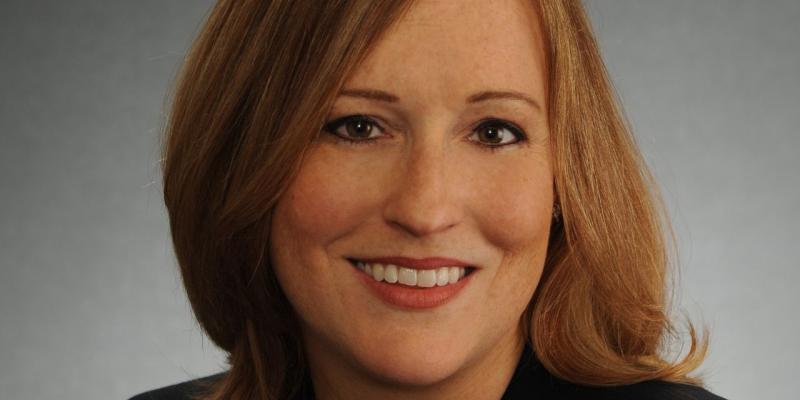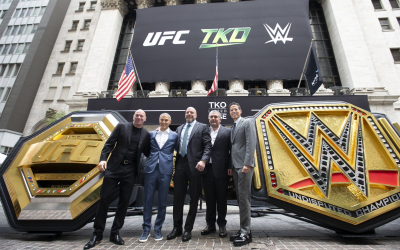Allianz throws weight behind efforts to standardise reporting of fees and performance in the fast-growing industry
Allianz, one of the world’s largest investors, wants private equity firms to standardise how they report performance and fees, throwing its weight behind efforts to improve transparency and reduce the risk of fraud in the fast-growing $4.1tn industry.
The German insurance company’s Allianz Capital Partners unit, which manages more than €32bn in private equity investments, has joined a new coalition that is pushing to create common standards for reporting.
Daniel Gregor, a director at Allianz Capital Partners, said the goal of the programme, known as the Adopting Data Standards Initiative, is to get private equity firms to adopt a standard way of telling investors how their funds are performing. “It’s a joint process,” he said in an interview.
Investors complain that different private equity firms report fees, returns and asset values in different ways, so it is difficult to make direct comparisons. Firms use different terms and metrics to report on their performance, with some breaking out fees and expenses investors have paid while others make such information harder to identify.
To make matters more complicated, firms are increasingly using bridge loans, known as subscription lines, to pay for assets and boost returns, adding more debt to already leveraged transactions without always accounting for the effect on returns, investors say.
Increased scrutiny from politicians is adding momentum to the push to standardise private equity reporting. In Congress, Democratic senator and presidential candidate Elizabeth Warren has proposed a broad overhaul in regulation of the private equity industry, including standardised disclosure.
In Pennsylvania, state politicians are working on legislation requiring better disclosure from private equity to the Pennsylvania Public School Employees’ Retirement System and the Pennsylvania State Employees’ Retirement System, which jointly manage about $90bn.
“Standardisation would help prevent inflated or overstated successes through metrics that are known to be easily manipulated,” said Pennsylvania State Treasurer Joe Torsella.
“The industry thrives on a little bit of opaqueness but it isn’t defensible when it’s criticised, and now there is a lot of criticism,” said Lorelei Graye, who is the founder of the initiative Allianz is supporting. She said she has backers collectively managing hundreds of billions of dollars and is rounding up more investors.
Agreement on standards has become more important because the industry has boomed in size and complexity, according to a report from Citco Group, a fund administrator overseeing $1tn. Private markets including the $4.1tn in private equity have soared ninefold since 2000 to $6.73tn, growing three times as fast as global public equities. Private markets also include private investments in property, infrastructure, debt and natural resources, according to Preqin data.
Disagreement about common reporting has festered for years. Many private equity firms guard information, and currently it is easier for them to push back against investors because strong demand for their funds gives them the upper hand in negotiations, Oxford University finance professor Tim Jenkinson said.
The Institutional Limited Partners Association, which represents investors with more than $2tn in private equity, created a template for reporting fees and expenses in 2016, but not all firms use it.
A coalition aimed at agreeing on standards called the AltExchange Alliance folded in 2018 after gaining support from private equity giants including KKR.
Some firms were reluctant to join AltExchange because they thought it was gathering information for one of its founders, software company eFront, according to people familiar with the situation. An eFront spokesman said AltExchange wasn’t a source of revenue and the firm was never able to access data for its own purposes. US asset manager BlackRock bought eFront last year for $1.3bn to expand into private markets.
A spokeswoman for the American Investment Council, which represents US private equity firms, said it is sceptical that standards can be agreed upon, blaming investors who request information based on their own formulas. A spokeswoman for KKR, an American Investment Council member, said it supports all efforts to promote standardisation.
While reporting standards have improved since the 2008 financial crisis, there is a long way to go, Torsella said. The Securities and Exchange Commission has fined firms for disclosure failures.
Firms have some leeway on how to value assets that they can hold for years. An extreme example of differences in reporting valuations was revealed in a court document for Abraaj Group, which the US Department of Justice has accused of fraud. Six executives were indicted last year and one has pleaded guilty. Abraaj valued one investment at 1.4x cost but US private equity firm TPG valued the same company at half of that, according to the document and people familiar with the situation.
It may take another financial crash or scandal to focus minds on standardisation, according to information technology expert Richard Change.
“It’s tough to build the political will,” he said. “Typically, out of a crisis come these moments.”
Source: The Wall Street Journal
Can’t stop reading? Read more
Missoni family passes baton as FSI takes control of €130m fashion house
Missoni family passes baton as FSI takes control of €130m fashion house FSI has become the...
Silver Lake-backed TKO launches $900m loan after $150m dividend
Silver Lake-backed TKO launches $900m loan after $150m dividend TKO Group Holdings, backed by...
Waterland targets cross-border growth with Palletways acquisition
Waterland targets cross-border growth with Palletways acquisition Waterland Private Equity has...




